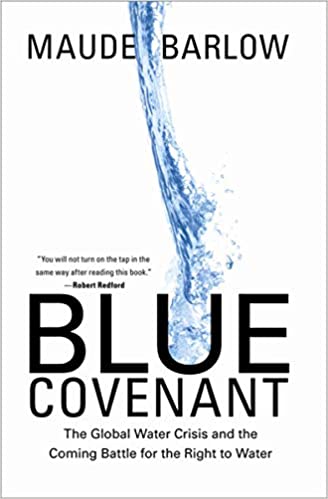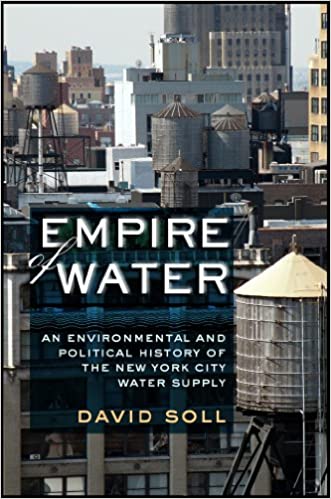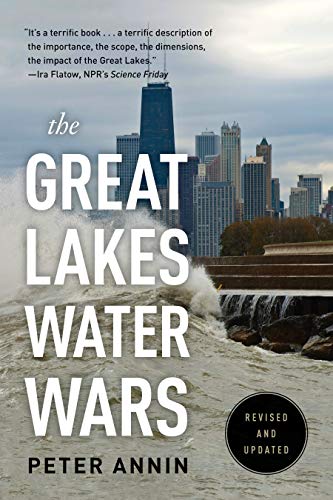
April 21, 2014DEC Continues to Rubber Stamp Water Withdrawal Permit Applications as Objections MountThe NYS Department of Environmental Conservation (DEC) has given notice of 13 water withdrawal permit applications under New York's new water withdrawal permitting law and regulations to date. See Table 1 below. Despite the clear wording of the new law, as pointed out in comments filed on a number of the applications and in a lawsuit filed by the Sierra Club and the Hudson River Fishermen's Association, the DEC continues to rubber stamp the water withdrawal permit applications it has been receiving and refuses to conduct the reviews required under the state environmental quality review act (SEQRA) and the state's coastal zone management laws. (I am one of the attorneys for the petitioners in the Sierra Club suit.) Comments on the two most recent applications are due this Thursday, April 24, and next Thursday, May 1 for the Lafarge Cement Plant in Ravena to withdraw 8.6 MGD from the Hudson River and for the DEC Salmon River Fish Hatchery in Altmar to withdraw 8.8 MGD from the Salmon River, respectively. (Click here for information on how to comment on the Lafarge Cement Plant water withdrawal application.) The procedure being followed for issuance of a water withdrawal permit to the Lafarge Cement Plant illustrates some of the problems with the DEC's approach. The Lafarge Company and its subsidiaries are the nation's second largest manufacturer of Portland cement. The Ravena plant is one of 13 Lafarge cement making facilities in the US under a federal consent order with the State of New York and a number of other states. See Lafarge North America, Inc. Clean Air Act Settlement. The consent order requires that the plant switch from wet processing facility to a dry kiln plant by 2014. In 2013, Lafarge and the State of New York, with the concurrence of the DEC, the US Department of Justice and the US Environmental Protection Agency entered into a stipulation to extend the dates prescribed in the consent order for terminating operation of the two existing kilns at the Ravena plant and completing construction of a replacement kiln. Lafarge's revised water withdrawal application states, "A new kiln line will become operational in 2016 which will produce cement using a dry system, eliminating the production of slurry and that water use. A closed-loop cooling water system will also be installed as part of the Ravena Plant Modernization project. This project will be completed in 2016 and will eliminate the current practice of 'once-through' cooling water, currently the largest consumer of water in the facility." This overhaul means that the modernized plant will use a fraction of the amount of water used now. The Executive Summary of the FEIS for the Ravena Plant Modernization completed in July 2011 states in Section 4.11, p. ES-47:
Notwithstanding the major reductions in water use planned for the Ravena plant, the DEC is processing the Lafarge water withdrawal application now for the design capacity of the pumps, rather than the reduced usage anticipated in 2016. (It is confusing that, while the Lafarge Water Withdrawal Application Supplement WW-1 and the notice of the application in the ENB state that the permit is for 8.6 MGD of water per day from the Hudson River, the Water Conservation Program Form attached to the application states that the facility is using 8.6 MGD from the Hudson River, 5 MGD from surface water in an adjacent quarry and 0.6 MGD from a groundwater well.) Concerns raised by environmental groups with the DEC's handling of water withdrawal permit applications received substantial coverage in the Rochester media recently. (See Environmental groups in standoff with Eastman park firm, Steve Orr, Rochester Democrat and Chronicle, April 11, 2014, and Eastman park permit could set precedent, Jeremy Moule, Rochester City Paper, April 1, 2014.) The articles discuss comments submitted by 18 environmental groups on the water withdrawal application for the Eastman Business Park in Rochester to take up to 54 MGD from Lake Ontario. The D&C article quotes Larry Levine, senior attorney for the Natural Resources Defense Council, as saying, "In all the permits they've considered so far, [the DEC is] basically rubber-stamping the applications." The article notes that many of the groups submitting comments on the Eastman park application submitted similar comments on other major water withdrawal permit applications, and again quotes Mr. Levine: "We certainly hope that DEC will take these comments seriously and will follow through ... to protect the state's water resources," Levine said. "If they go ahead and issue these permits without change, we'll have to evaluate what they've done and decide from there." Mr. Levine also addresses these issues in a recent post on his blog:
In addition to challenging the failure of the DEC to require “environmentally sound and economically feasible water conservation measures,” the comment letters and the Sierra Club lawsuit challenge the failure of the DEC to conduct reviews of environmental impacts of the proposed withdrawals under SEQRA and the state's coastal zone management laws. For an overview of the Sierra Club suit, see Sierra Club Fights NY Over Water & Power, Marlene Kennedy, Courthouse News Service, March 6, 2014. Table 1. Notices of Water Withdrawal Permit Applications Published in ENB
Posted by Rachel Treichler at 04/21/14 11:40 AM.
Copyright 2021, Rachel Treichler
|
|






